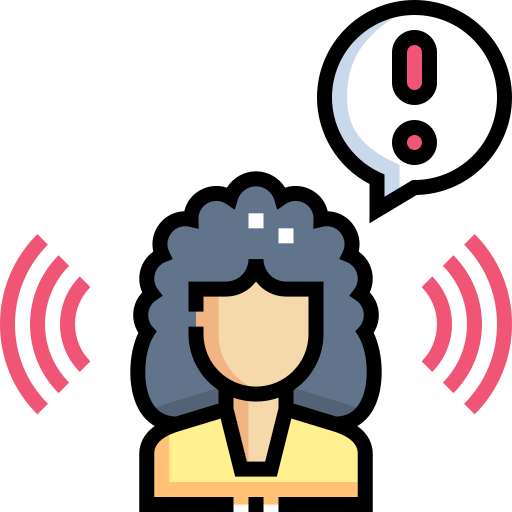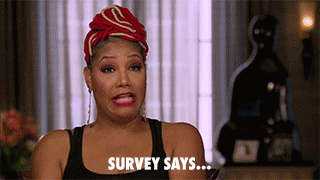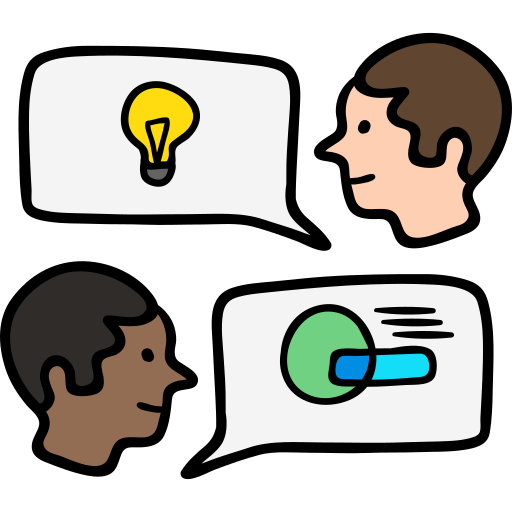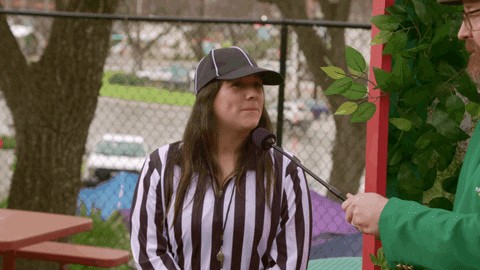You may think the world is divided into climate believers or climate deniers, but it's not so simple!
Most people fall along a spectrum of engagement between climate change denial and climate change advocacy.

Figuring out where you and others fit on the spectrum will make it easier to decide what to talk about when initiating conversations about climate change.
The Six Americas Quiz

Yale’s Program on Climate Change Communicationsis one of the leading educational sources for work on climate communications.
It generated a research program called "The Six Americas", which is an audience segmentation tool designed to help people better understand their own climate views, as well as the views of other people.
Did you know?
The Spectrum Of Responses
The range of responses to the survey shows that there are many ways people engage with the climate crisis. It’s not as straightforward as “believing” or being a “denier.”
Below are the different points of view along the "Six Americas" spectrum, with the percentage of people surveyed who conformed to each view in parentheses:

Alarmed (33%)
They're convinced global warming is happening, human-caused, an urgent threat, and they strongly support climate policies. Most, however, don't know what they or others can do to solve the problem.
Concerned (25%)
They think human-caused global warming is happening, is a serious threat, and support climate policies. However, they tend to believe that climate impacts are still distant in time and space, thus climate change remains a lower priority issue.

Cautious (17%)
They haven’t yet made up their minds: Is global warming happening? Is it human-caused? Is it serious?

Disengaged (5%)
They know little about global warming. They rarely or never hear about it in the media.

Doubtful (10%)
They don't think global warming is happening or they believe it's just a natural cycle. They don't think much about the issue or consider it a serious risk.

Dismissive (9%)
They believe global warming is not happening, not human-caused, and not a threat. They most endorse conspiracy theories (e.g., “global warming is a hoax”).
Quiz
You're having a conversation about an upcoming election at work. Your coworker agrees that climate change is a problem but says, "I'm worried about the economy the most." Where are they on the spectrum of engagement?
The Results

If you find yourself “Alarmed” Or “Concerned”, you join a majority of people surveyed. It’s important to note that very few people are truly "Doubtful" or "Dismissive".
However, those in the middle — the "Cautious" and "Disengaged" — may still have doubts about when it will happen, how severe it will be, and how to stop it.
It’s likely you’ll find yourself talking to those who are alarmed or concerned. Your goal should be to move them into a more active state — for example, to reduce their energy use or increase their political activity.
Subscribe for more quick bites of learning delivered to your inbox.
Unsubscribe anytime. No spam. 🙂
Scenario: Discussing The Election

Remember your coworker from earlier? The one whose number one issue for the election is the economy?
How do you get your coworker to think about the environment more closely when considering who to vote for?
A — Tell them about the different environmental platforms of each candidate and convince them who to vote for.
B — Offer to send them links to videos and articles that show how the environment and the economy are related.
C — Argue with them about why climate change is more important than the economy.
D — Bring up some examples of how climate change is already affecting your country's economy.
Quiz
Which are the best ways to get through to your coworker about the election? Select all that apply.
Take Action

If someone you know is open to taking action about climate change, find a way in!
You might help them take that final step from just thinking about it to doing something about it. But first, you need to think about how to talk to them.
Click the links below for more Climate Communications Bytes!
Byte 1: 7 things people get wrong about climate change
Byte 2: 6 myths we need to confront if we want a clean energy future
Byte 3: Why we need a new approach to climate change conversations
Byte 4: Why aren't people more worried about climate change?
Byte 5: Can I talk to people about climate change even if I'm not an expert?
Byte 6: 5 things to consider before you start a conversation about climate change
Byte 7: 6 ways to have better conversations about climate change
Byte 8: What is the climate change “spectrum of engagement”?
Byte 9: How will the "messaging triangle" help me talk to people about climate change?

These Bytes were created with the assistance of Generation Climate.

Your feedback matters to us.
This Byte helped me better understand the topic.

